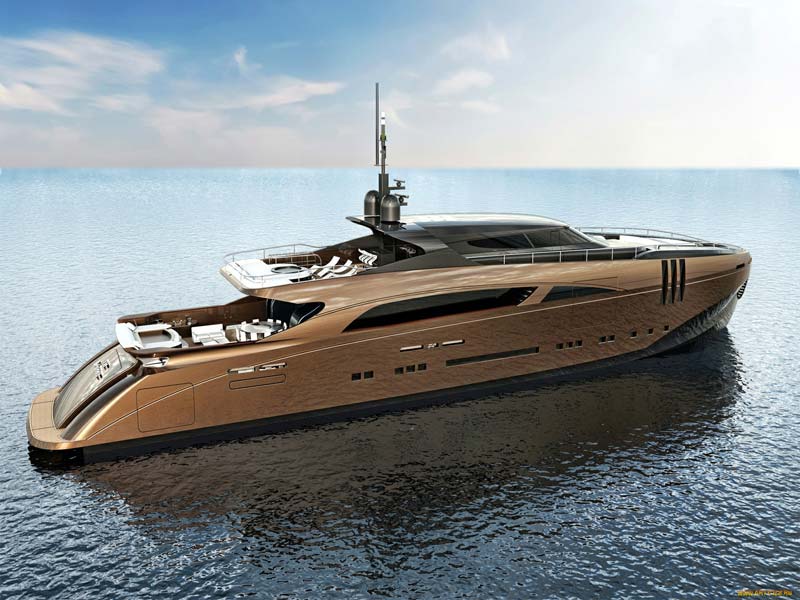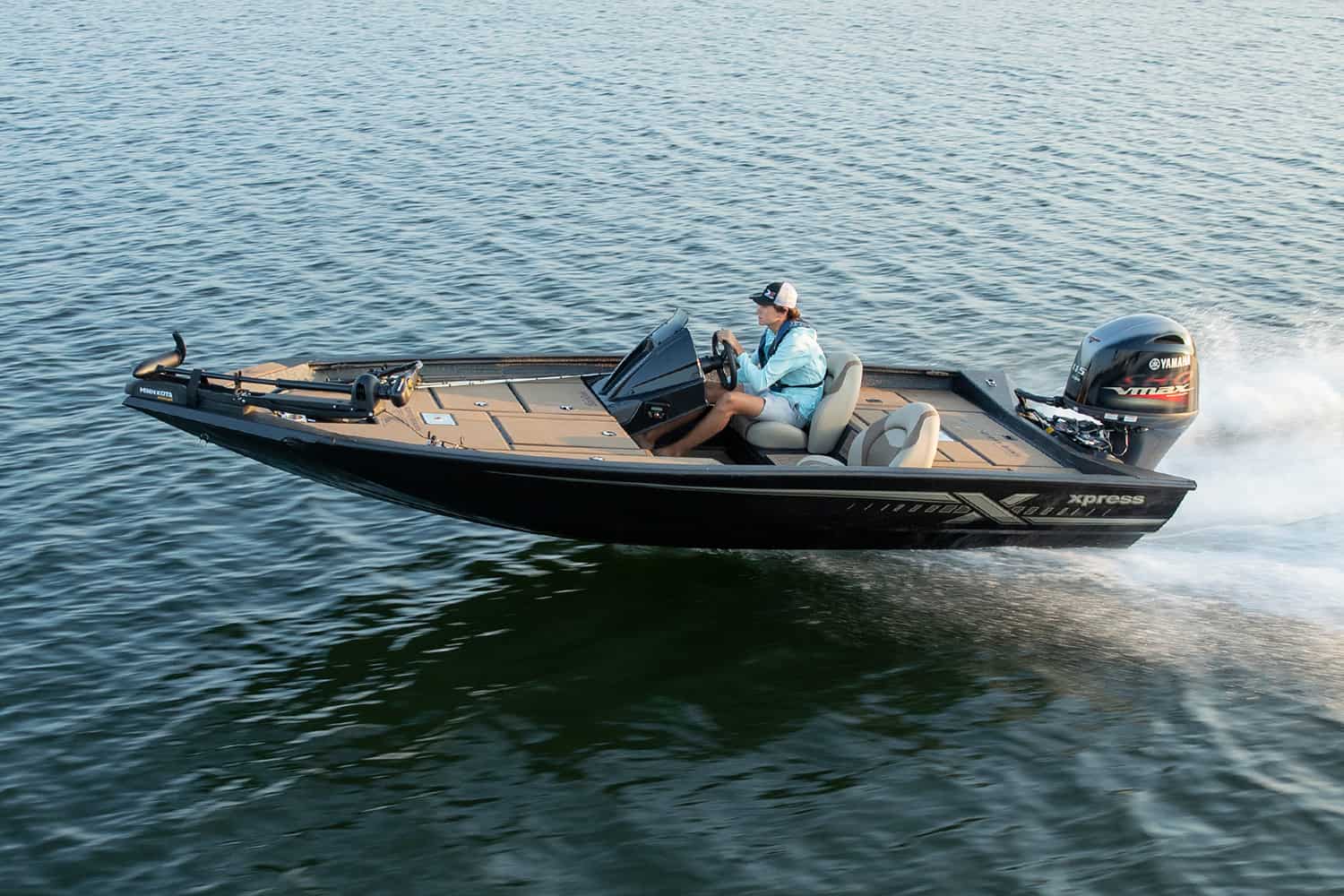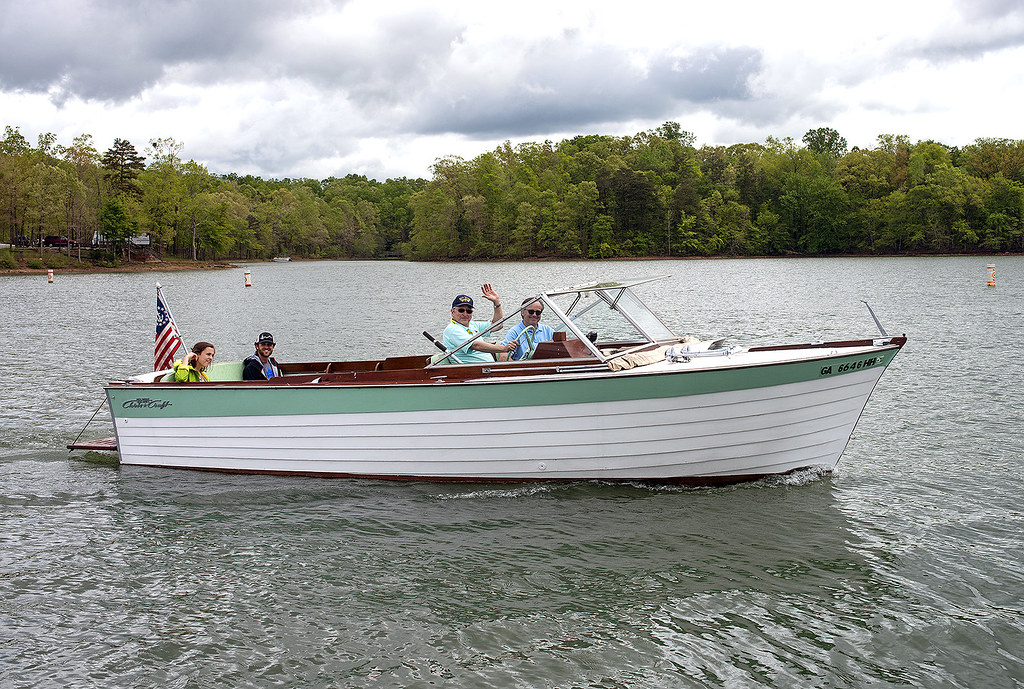Orcas Attacking Boats: A Rising Concern for Maritime Safety
In recent years, there has been a notable increase in reports of orcas attacking boats off various coasts. Orcas, also known as killer whales, are usually not known for aggressive behavior towards vessels, making these incidents particularly intriguing and concerning for boaters and marine experts alike.
One theory proposes that these attacks may be a result of orcas having negative interactions with boats in the past, leading to a learned aggressive behavior now being taught among their social groups. The attacks have increasingly targeted the rudders and hulls of boats, causing significant damage to the vessels and posing a risk to those on board. Investigations into this alarming phenomenon continue as researchers strive to gain a better understanding of the orcas' motives and ultimately ensure both the safety of boaters and the well-being of these marine mammals.
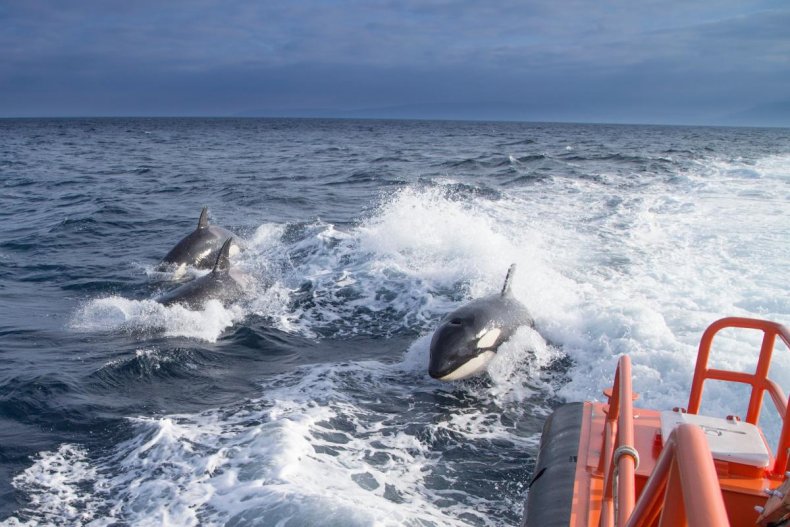
Orca Attacks on Boats: An Overview
Recent Incidents: 2020-2023
In recent years, there has been a significant increase in reported incidents of orca attacks on boats. Between 2020 and 2023, orcas, also known as killer whales, have been known to ram into boats, specifically targeting yachts and sailboats, causing damage to the vessels. Remarkably, despite these aggressive encounters, no human injuries or deaths have been reported.
The behavior of these orcas has baffled researchers and marine experts. Typically, orcas exhibit curiosity toward boats and do not show aggressive behavior. However, since 2020, orcas have been seen relentlessly attacking boats' rudders and, in some cases, scraping the hulls with their teeth. The mysterious change in behavior has led to an ongoing investigation into the cause and potential solutions.
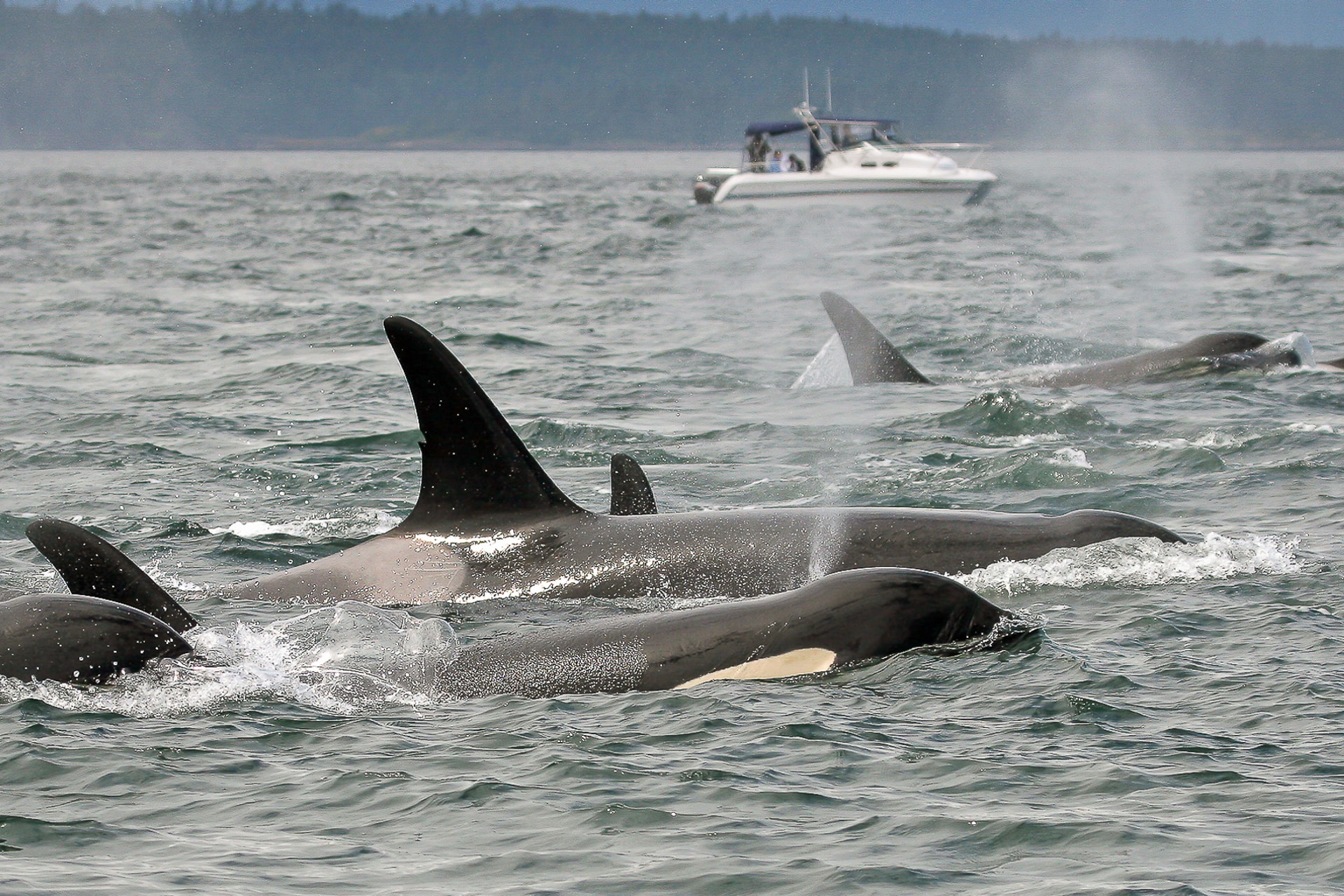
Geographical Locations: Spain, Portugal, and Gibraltar
These incidents have primarily been occurring along the coasts of Spain and Portugal, as well as around the Strait of Gibraltar. Hundreds of attacks have been reported in these regions since 2020.
- Spain: The Spanish coast has seen a significant rise in orca attacks on boats during this period. There have been over two dozen reported incidents of orcas ramming sailboats in this region alone, as noted by Spanish News Today.
- Portugal: Similar to the situation in Spain, Portuguese waters have also witnessed numerous cases of boat-orca interactions. Several boats were sunk due to the ferocity of these attacks, but no human casualties were reported, as NBC News highlights.
- Gibraltar: The Strait of Gibraltar has seen reports of orcas attacking boats as well, and the frequency of these incidents has tripled in the last two years, according to the GTOA, a group that monitors marine life.
Understanding the reasons behind these aggressive orca interactions remains a priority for researchers who continue to study their behavior and the potential impacts on sailboats and other marine vessels.
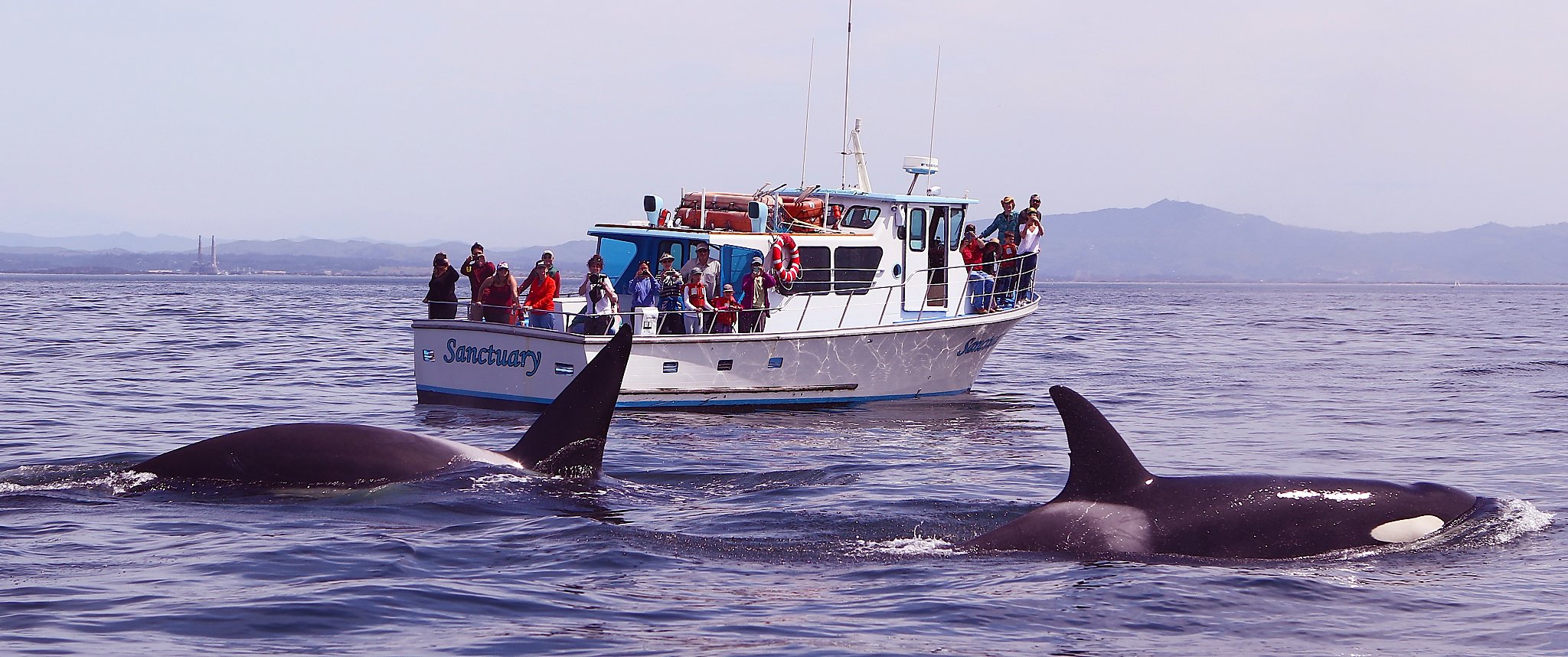
Motivation and Behavior Analysis
Possible Reasons for Aggression
In recent years, there have been multiple reports of orcas attacking boats along the Iberian coast. The motivations behind these incidents remain uncertain; however, some scientists have hypothesized that trauma might play a significant role. According to a study published in Marine Mammal Science, a traumatized orca could have initiated the attacks on boats after experiencing a "critical moment of agony." This aggressive behavior could then spread among the orca population through social learning.
Another possibility is that the killer whales are confused or agitated by the presence of sailboats and their crew. Since orcas are known for their intelligence and curiosity, they might be attempting to interact with the boats or even assert their dominance over a perceived intruder.
Influence of Human Activities
Human activities have the potential to impact orca behavior, especially along the Iberian coast. The white gladis, a type of fishing gear used in this region, has proven dangerous for orcas; as a result, a 2022 study published by the University of Aveiro suggests that the anger displayed in these incidents might be a response to past encounters with such equipment. Moreover, other human factors such as boat noise and pollution could also be impacting the orcas' well-being and behavior.
In addition, the increasing presence of humans in orcas' natural habitats could affect their behavior. The orca pods involved in these attacks, such as the GTOA pod, might adopt aggressive actions as a form of defense or retaliation. Although the exact causes remain inconclusive, it is clear that a deeper understanding of these incidents is needed to better protect both orcas and humans.
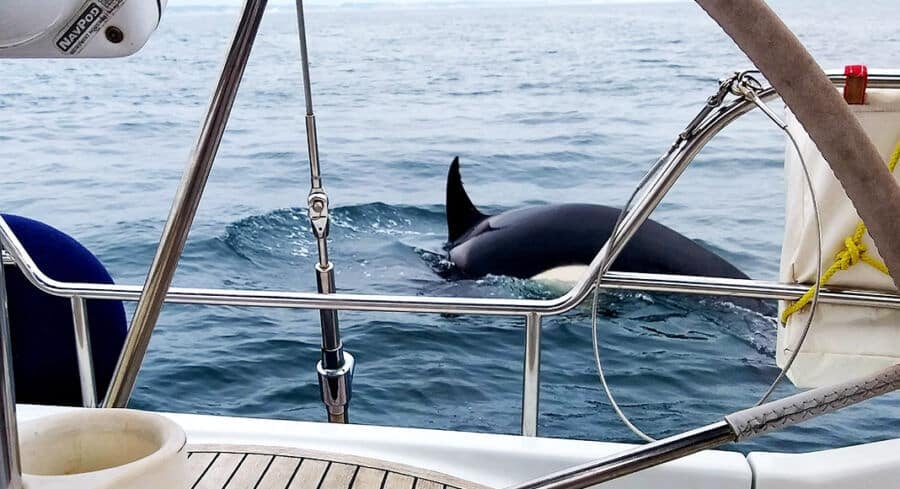
Impact and Consequences
Damage to Boats and Marine Equipment
One of the main consequences of orcas attacking boats is the considerable damage caused to the hull, rudders, and other marine equipment. In some instances, costly repairs or even the total loss of a vessel have occurred. These attacks are particularly concerning in the waters surrounding Europe, where a specific subpopulation of orcas has been known to show aggression towards sailing boats and yachts.
Boats that have experienced orca attacks have reported snapped rudders and punctured hulls after a collision with these marine mammals. Researchers working with the Grupo de Trabajo Orca Atlántica have documented numerous incidents along the Spanish and Portuguese coasts, posing significant economic and logistical challenges for boat owners and marine industries.
Safety Concerns for Sailors and Crew
The aggression of orcas towards boats not only causes damage to the vessels but also raises serious safety concerns for sailors and crew members. Although physical contact with orcas is relatively rare, some encounters have left people in a critical state of agony and fear. Biologists believe that the motivation behind these attacks may be related to a young female orca and her calf feeling threatened by human activities in their territory.
Orcas are apex predators, and their presence can create a tense situation for those on board the attacked vessel. Safety measures, such as Maritime Rescue Services, must be equipped to respond quickly to such incidents. Orcas' entanglement with fishing gear poses an additional threat, as the confusion and stress caused by the entanglement may trigger more aggressive behavior.
These encounters have gained significant attention on social media platforms and have increased awareness about the growing problem. The potential dangers associated with orca attacks highlight the need for effective communication between researchers, marine industries, and the public to understand and mitigate these interactions better.
Orcas play an essential role in marine ecosystems, and the critically endangered subpopulation off the European coast is being closely studied by researchers. Entangled orcas often suffer injuries, making their conservation status even more precarious. Constructive collaboration between scientists, sailors, and policy-makers is crucial to minimize the damage and disruption caused by orca attacks while protecting these magnificent creatures and their habitat.
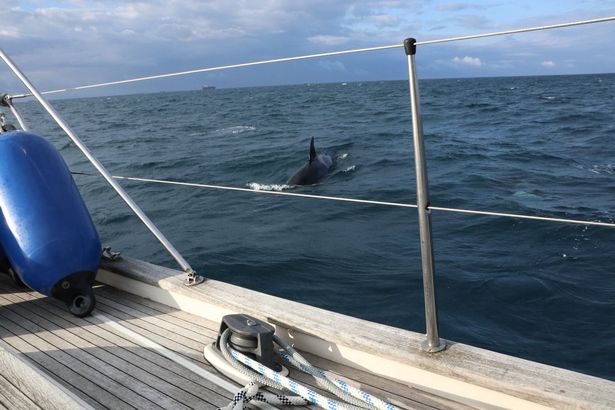
Interactions with Other Marine Life
Dolphins and Orca Relations
Orcas, or killer whales, are part of the dolphin family and are known for their unique behavior and close relationships with other marine animals. Despite being apex predators, they usually do not harm their dolphin counterparts. Dolphins and orcas often coexist peacefully in marine habitats and have been observed playing and socializing with each other in the wild.
Some recent incidents, however, have raised concerns over the behavior of certain orcas, particularly when it comes to interactions with boats. Reported cases of orcas attacking boats have puzzled scientists and fishermen alike, as this sudden change in behavior appears unusual for these social creatures.
German publication Werner Schaufelberger describes one such encounter between an orca and a rapid-response vessel, during which the orca targeted the propeller and caused serious damage. This incident, shared on Instagram, was one of the many reported "interaction events" involving orcas and boats.
Impact on Endangered Subpopulation
The orca population around the Pacific region consists of several subpopulations, some of which are endangered. One specific subpopulation has been found to exhibit a higher number of strikes and interaction events with boats, causing concern for their conservation status.
Dead salmon found near the site of an orca entrapment in the Pacific region might hint at a possible reason behind this unusual behavior. It is unclear whether the orcas were attracted by the fish or if an external factor triggered this defensive behavior.
As orcas are highly intelligent creatures, it is not unlikely that they may exhibit imitation or "game" behavior, with one orca initiating an attack and others following suit. Such behavior could lead to the sinking of boats and traumatic experiences for both orcas and boat occupants.
To protect the endangered subpopulation and prevent further incidents, authorities have deployed rapid-response vessels to monitor the situation and ensure that both orcas and humans can safely coexist in the marine environment.
This recent change in orca behavior highlights the importance of further study and understanding of these remarkable animals, as well as the need for conservation efforts to protect vulnerable subpopulations.
Charlie is Editor-in-Chief of Sea Magazine
